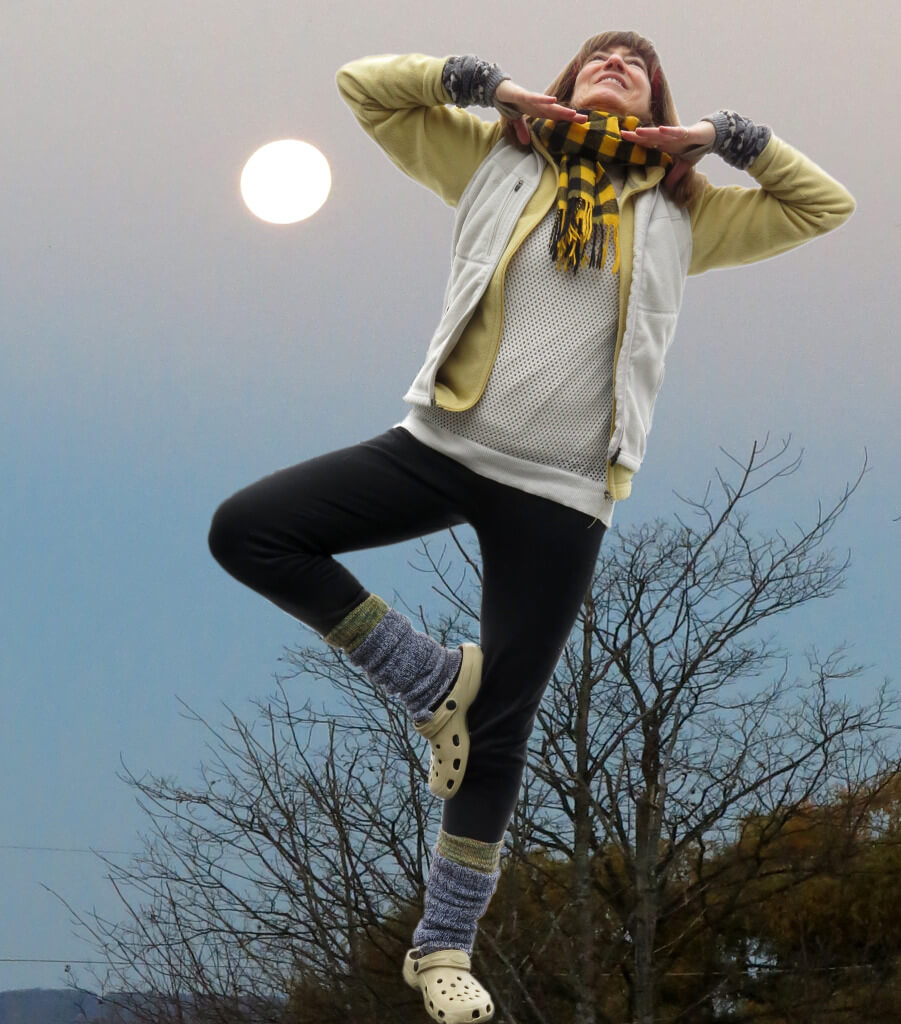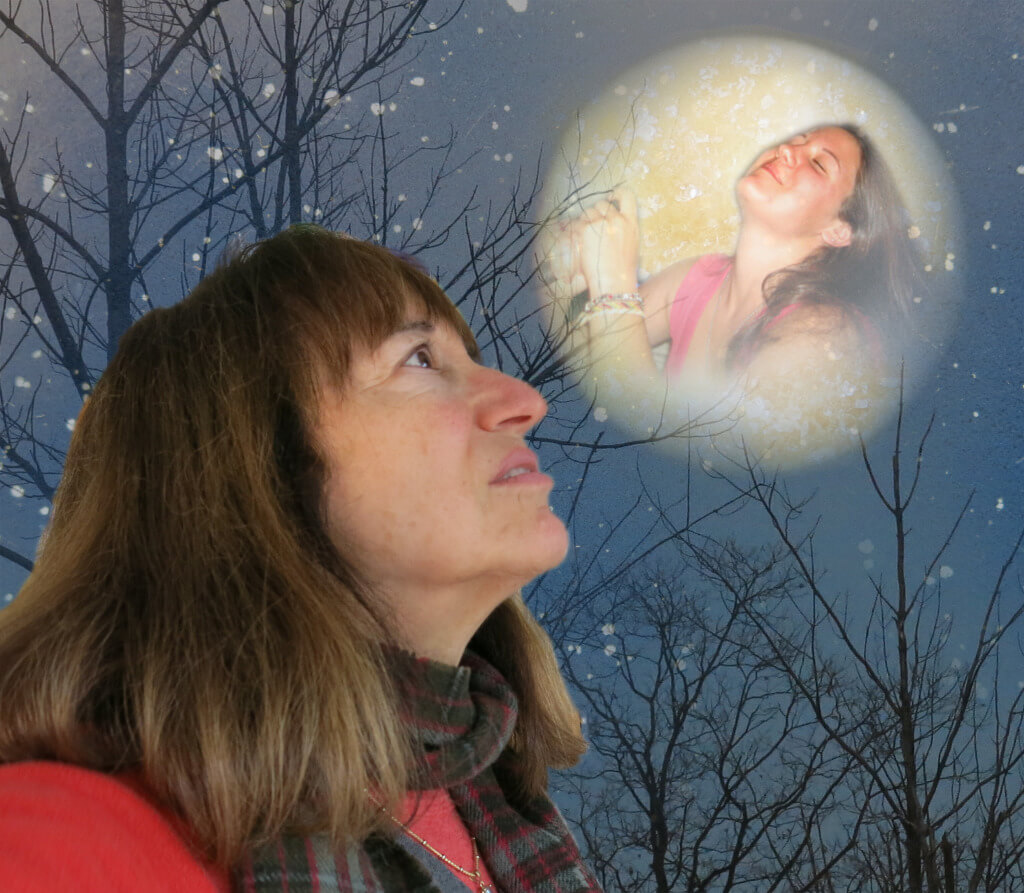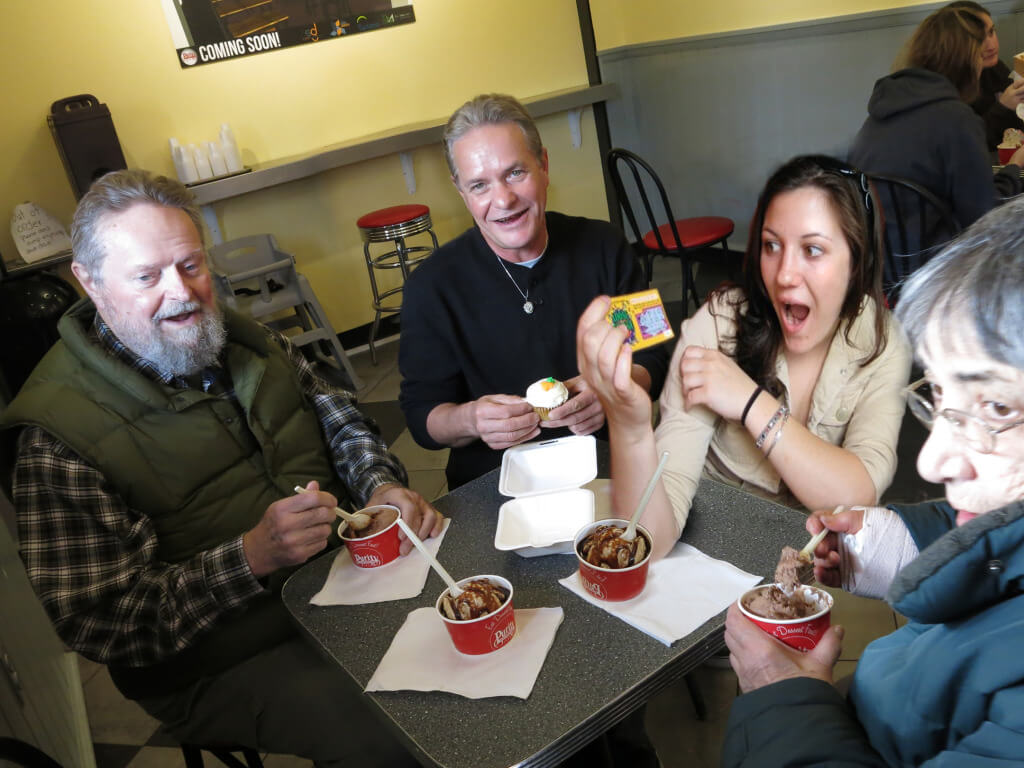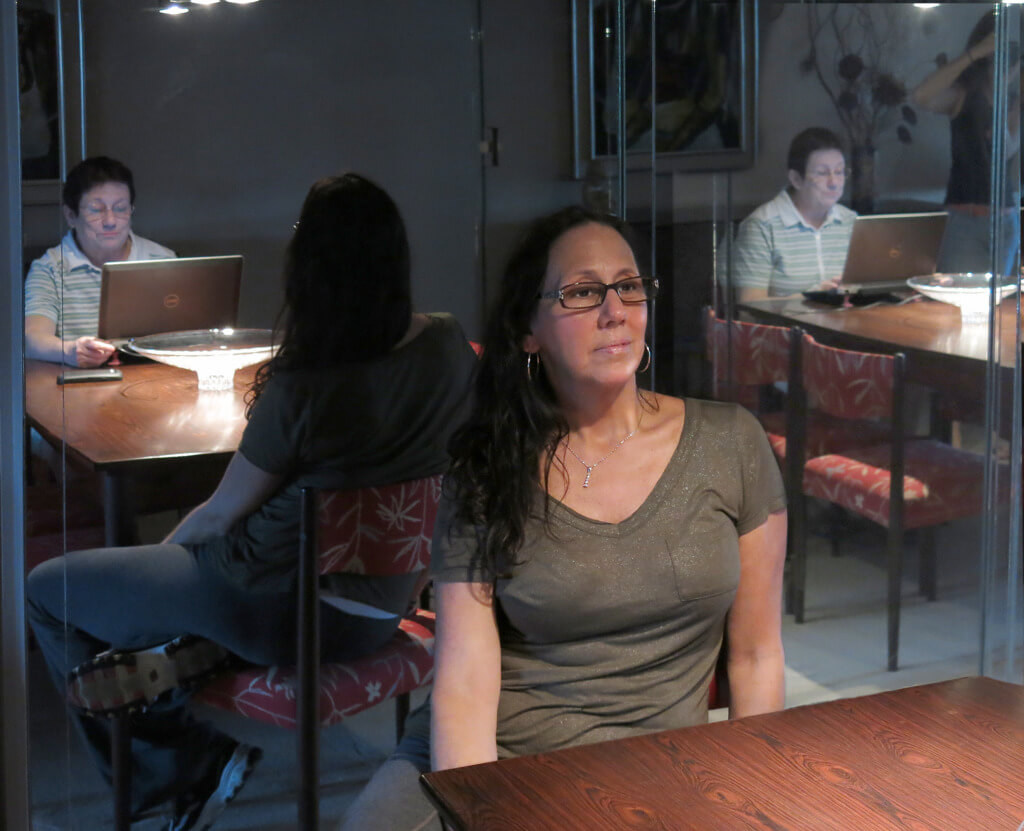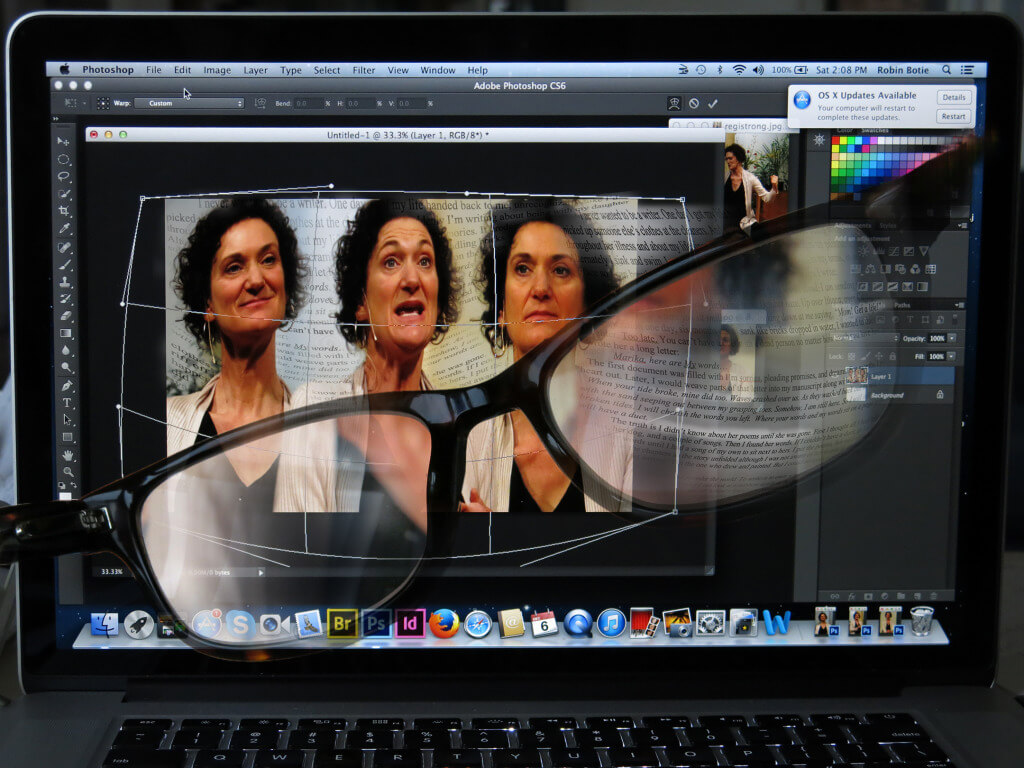 “I TOLD you these progressive glasses would not be easy to get used to. DON’T you remember?” the woman at the optician’s sounded defensive.
“I TOLD you these progressive glasses would not be easy to get used to. DON’T you remember?” the woman at the optician’s sounded defensive.
“Well, I have no memory of-,” I stopped. I couldn’t argue. “Thanks anyway,” I said curtly, and left before I could explode.
The truth is anyone can tell me she told me something, anything, and I would not be able to say for certain whether she did or did not. The only things I remember for sure are the blue veins like tiny trees on my daughter’s lavender eyelids as she lay unconscious in the ICU four years ago. And her red-painted toenails. And the invincible feeling that Marika could endlessly pull off miracles each time she almost lost her life. And then I remember the crushing words from the doctors that finally compelled me to put down the Ken Follett novel I was reading and memorize my daughter’s face instead.
“I don’t remember any of it,” I said to Jill Swenson, book development agent, a year after my daughter died, when I’d written a long love-letter to Marika thinking I was writing a memoir about our journey through the wilds of cancer.
“If you can’t remember the facts of what happened, you can’t write a memoir,” Jill said, smiling incredulously. Then, queasy with headaches, I kicked myself to read through my daughter’s blog posts, paperwork from the hospital, my sister’s weekly email newsletters from the bleak days of cancer, and my own daily-calendar books, to whack my memory back. Soon there were enough memories to fuel three years of writing, 200 pages, and 60,800 words. Ratted-up tissues littered the floor and my eyes turned red as all the things I wanted to forget rewound and replayed in my head.
Recently I attended Snap!, a true story of a young woman’s decent into mental illness, written and performed by Ithaca storyteller Regi Carpenter. Before she got locked up in a state mental hospital, losing chunks of her memory was Regi’s first sign that something was wrong. So sometimes I wonder if I am losing my mind.
I am not afraid of being crazy. Writing down what I want to remember now, I am not afraid of forgetting what I ate or what I read or was told. What I AM afraid of is being hurtful to another. Because I’ve learned that what life throws at you hurts enough without people adding to it.
“I will make these work,” I stubbornly tell myself, repositioning the progressive eyeglasses and my chin over tiny print. I’ve survived the death of my daughter. I’ve been through hell and back; I can do anything now.
Warning: I will walk out on you if you say to me, “DON’T you remember?”
Is memory loss a symptom of grief and does anyone else suffer from this?
Please Share on your Social Media